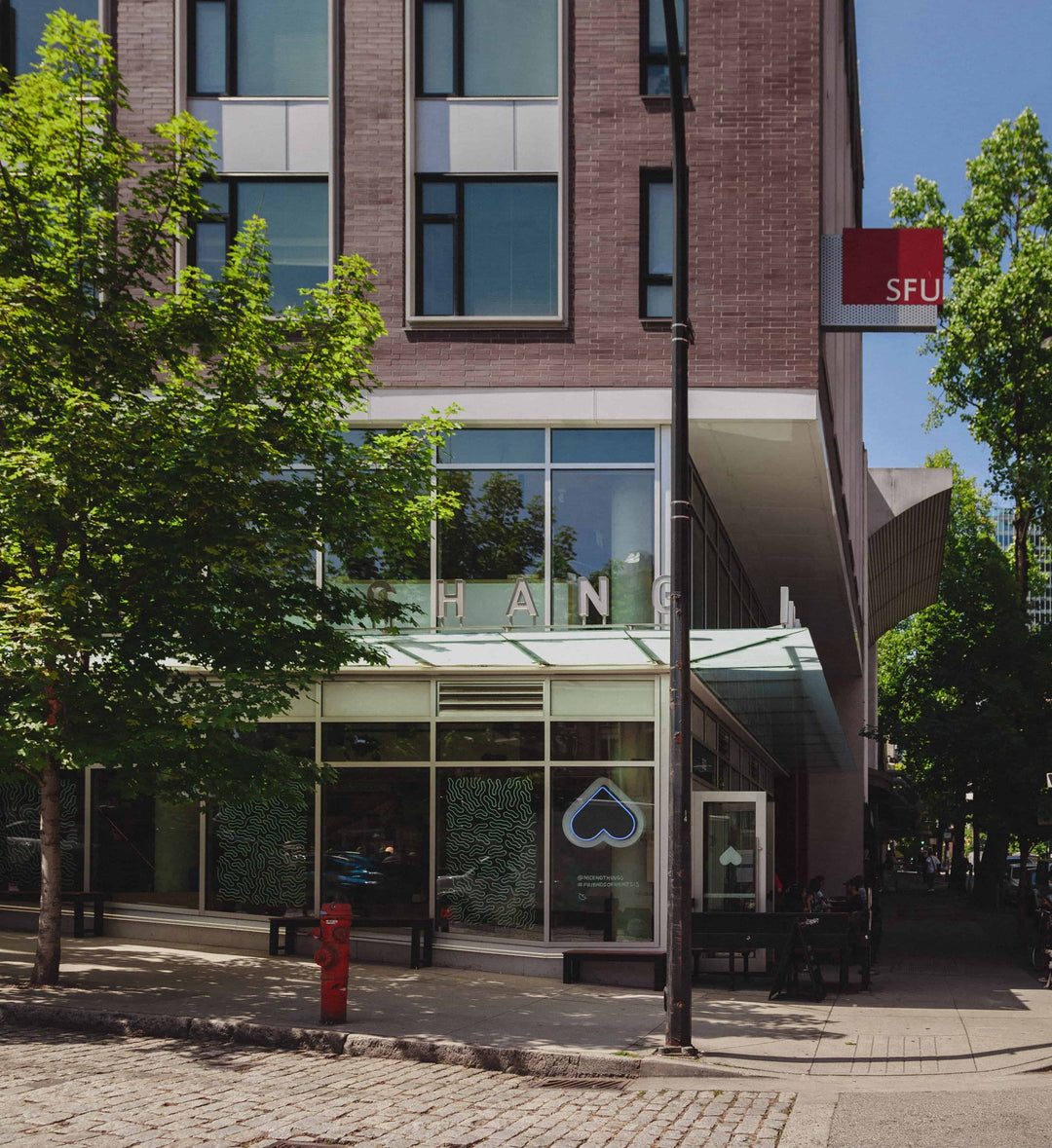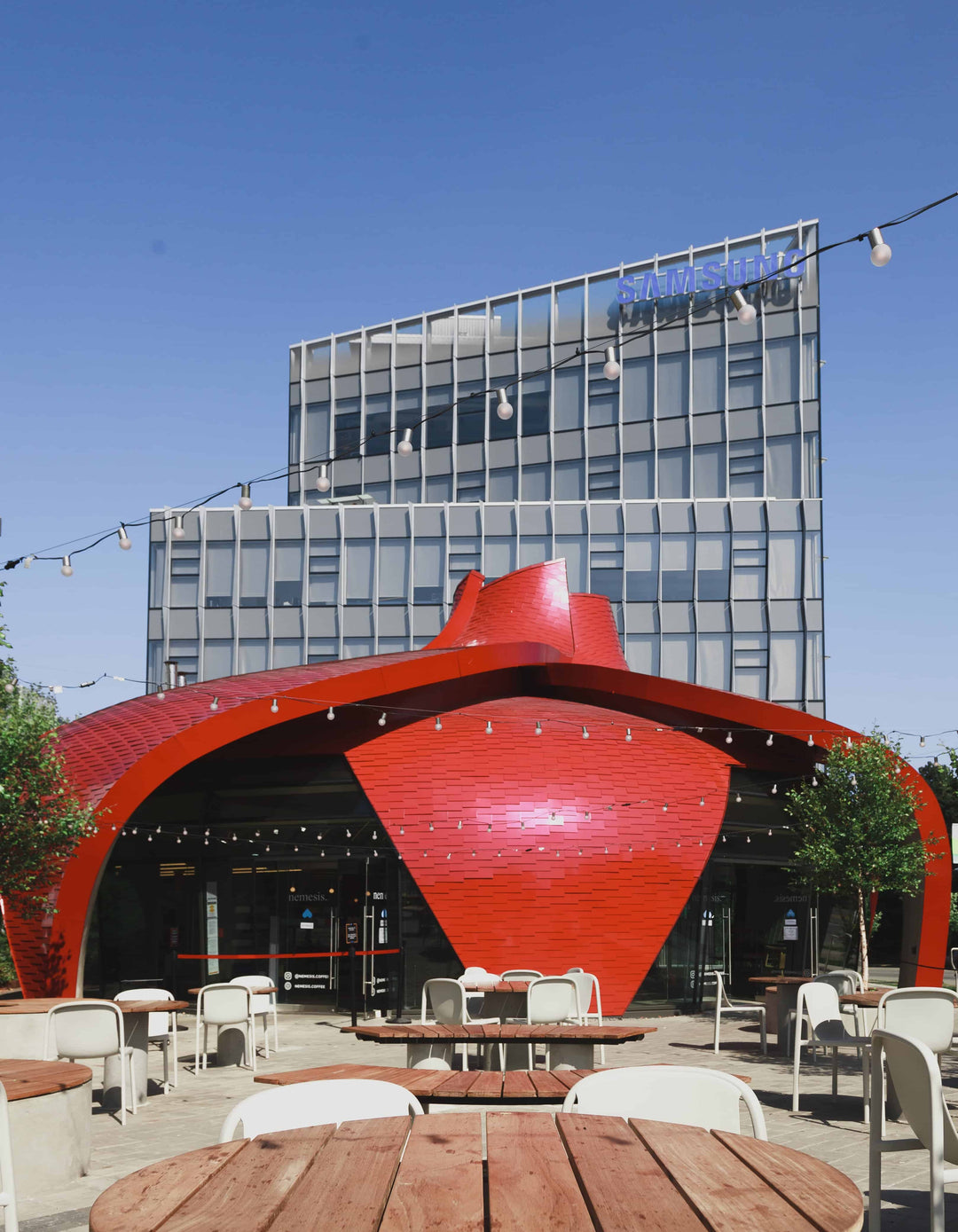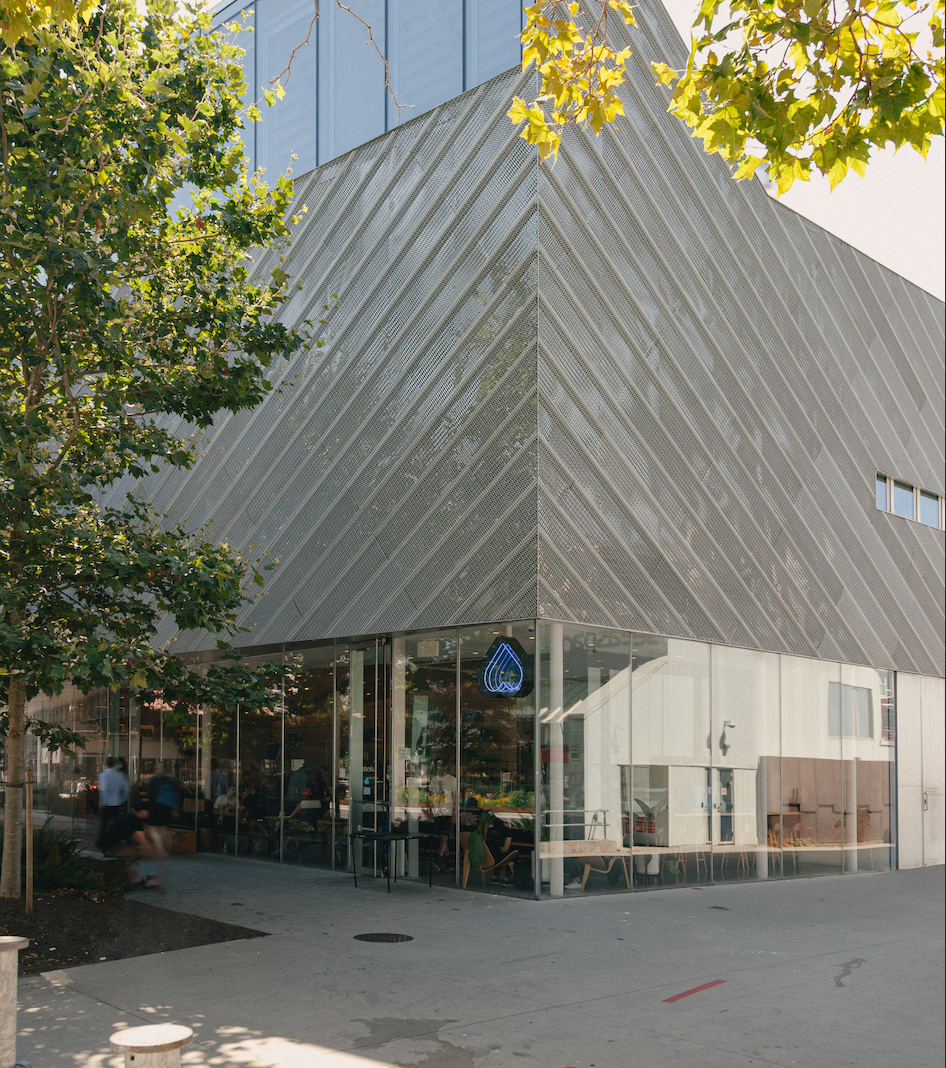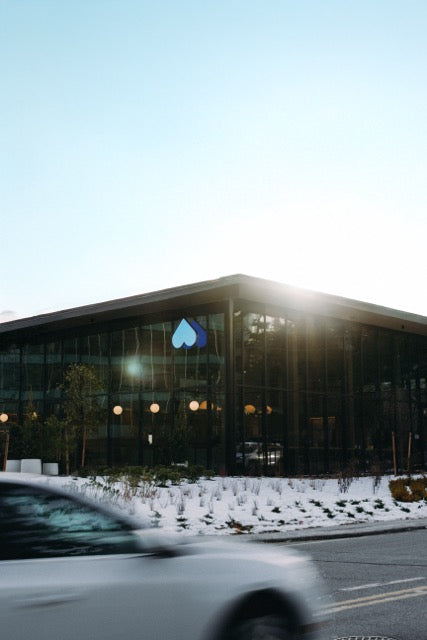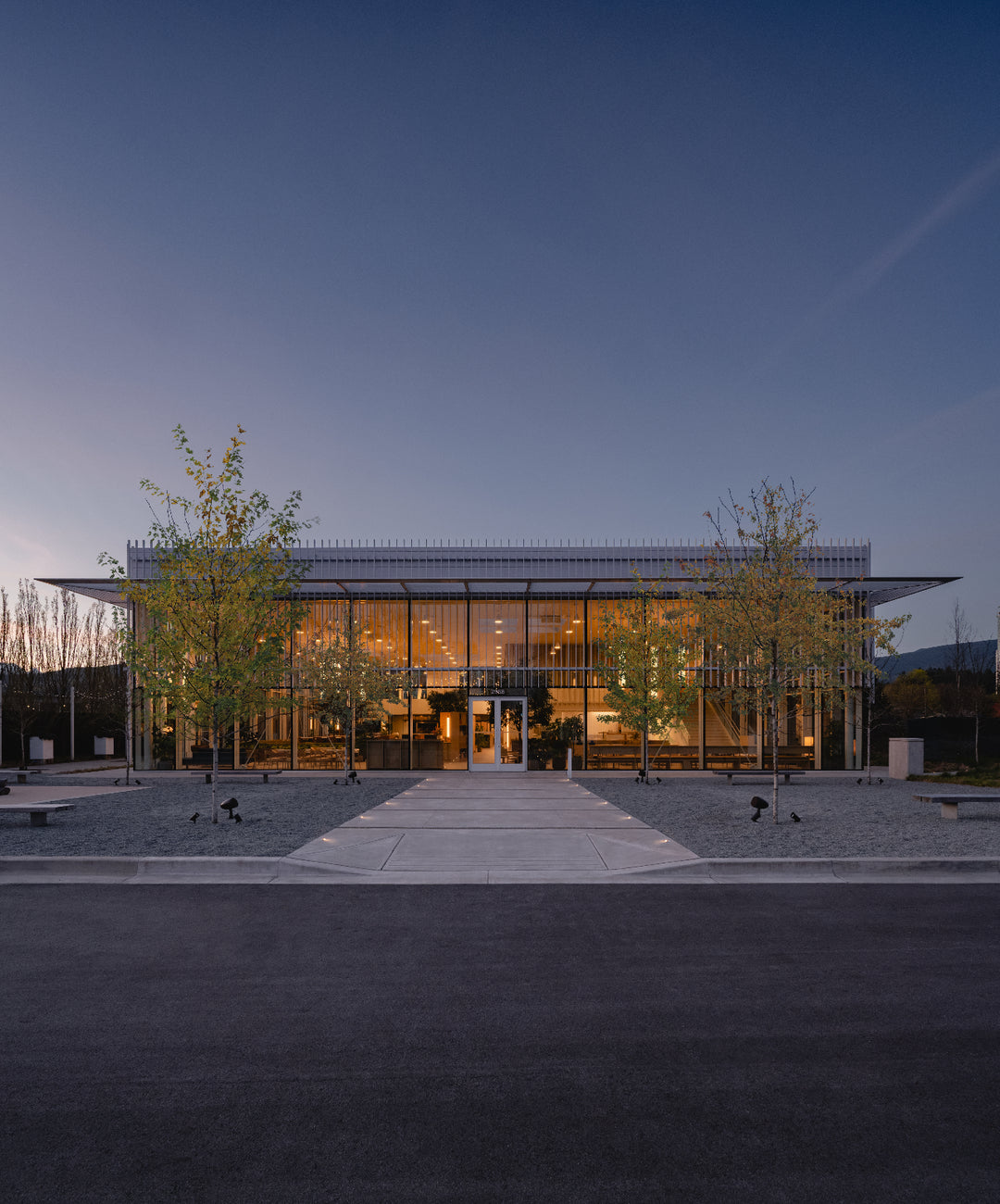William Timaren - La Fortuna y El Charmelo
about the producer.
William Timaren de la Cruz is a second generation coffee producer, inheriting his first farm from his father. He began planting coffee on the 1 hectare farm in 2012, focusing on traditional varieties such as Caturra, Castillo, and Colombia. Three years ago William Timaren purchased his second 1 hectare farm and today he cultivates 8,000 coffee plants across these two hectares of land, creating a family legacy of coffee cultivation.
The Colombian coffee growing region of Nariño has become synonymous with quality producing many of the country’s best coffees and competition winners. The mountainous terrain and volcanic soil is rich in minerals and ideal for specialty coffee cultivation. William’s two farms, La Fortuna and El Charmelo are nestled within forest reserve areas that are home to a diverse range of native flora and fauna in the hamlet of Tasnaque. The main harvest season occurs from May to July, and overall his plants produce approximately 5,000 kg of dry parchment coffee annually. In addition to coffee, the farms feature various citrus trees, including orange, lemon, mandarin, and loquat. Several other crops are also grown for the family’s personal consumption, such as plantains, bananas, cassava, and beans.

about the coffee.
The Colombia variety was developed by the Colombian research centre Cenicafé and released in 1982 to address the impending coffee leaf rust epidemic. Colombia is a hybrid between Caturra and Timor Hybrid, similar to Catimor varieties that were bred in Central America. In the decades since Colombia has lost some of its rust resistance and many producers have replanted with the updated rust resistant hybrid Castillo, but high quality Colombia variety plants still exist and this lot from William Timarem is a great example.
At his Tasnaque farms William Timarem manually harvests from each plant picking only the ripest cherries ensuring the maximum yield of high quality coffee. The cherries are then separated by flotation tanks. The densest cherries sink and are collected for processing. William employs a two stage fermentation. A primary 48 hour in-cherry fermentation develops sweet fruit qualities and body. The seeds are then pulped and sealed in 200 litre tanks for a controlled secondary 24 hour fermentation before washing all the fruit material from the parchment. The coffee is then dried for 8 days in the sun. If conditions are not optimal for patio drying William uses a mechanical dryer powered by waste byproducts from the farm and milling process, which serve as sustainable fuel sources.

cup tasting notes.
honeycomb | stewed apple | apricot
The cup is dense and coating making for a rich and satisfying filter coffee, presenting deep honeycomb sweetness with soft and complex malic acidity, like cooked apples and fresh apricot.

